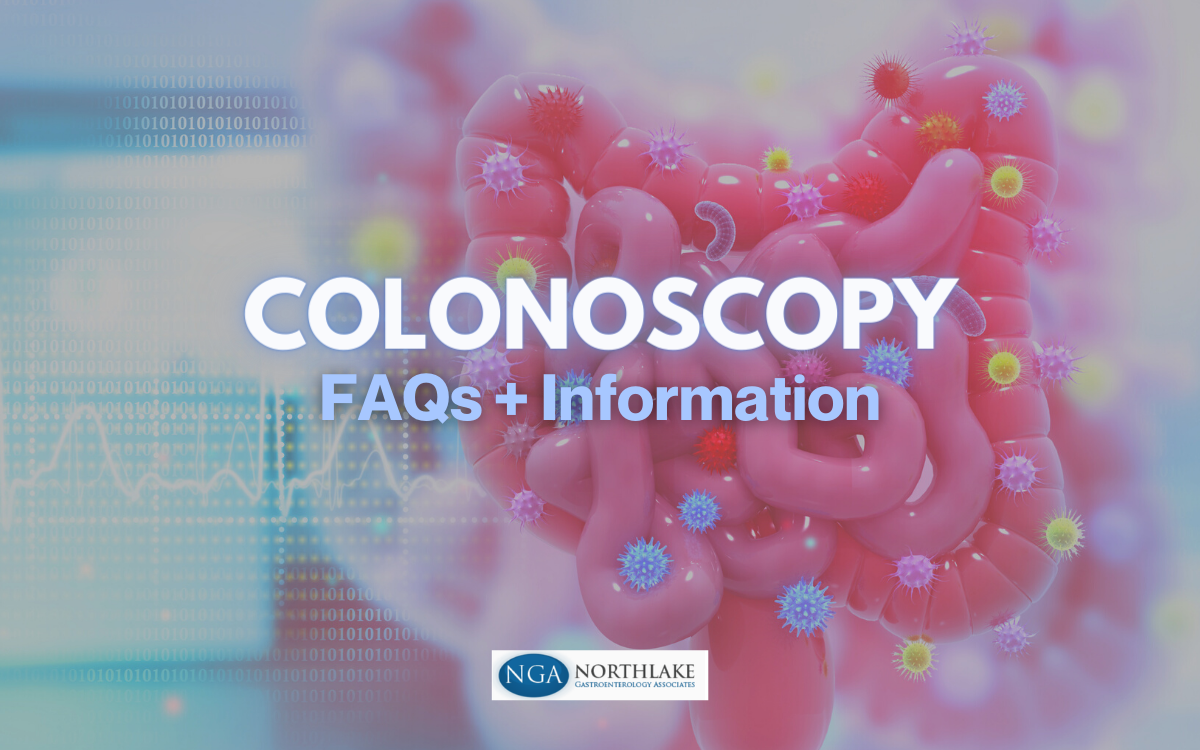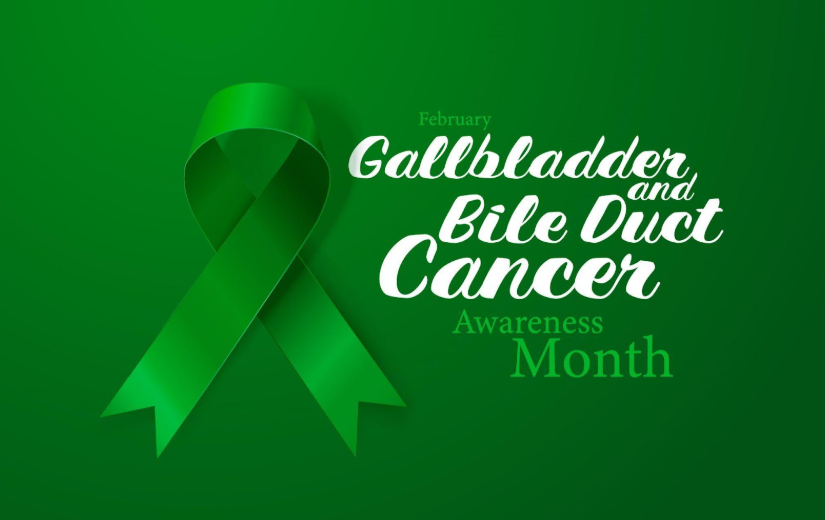
Colonoscopy: Frequently Asked Questions + Information
Colorectal cancer is the 4th-most common cancer in the United States, with an estimated 147,950 new cases each year1. According to the American Cancer Society, 1 in 21 men and 1 in 23 women in the U.S. will develop colorectal cancer in their lives. Behind lung and bronchus cancer, it is the 2nd-leading cause of cancer-related death in the United States and worldwide.
While there are no proven ways to prevent colorectal cancer, colonoscopy is one of the most effective methods for detecting and removing precancerous polyps in the colon and rectum. When colorectal cancer is found early, the 5-year relative survival rate is approximately 90%2.
Despite its benefits, many individuals have never undergone recommended screening for colorectal cancer. In fact, a 2018 report from the American Cancer Institute reported that only 66.8% of adults aged 50 - 75 had received a colorectal cancer screening.
It’s important for all individuals to begin regular colon cancer screening at age 50. Individuals at high-risk for this cancer may need to begin screenings at age 45. Depending on your risk factors, your doctor may recommend a variety of screening methods at different intervals. Currently, individuals aged 50 - 75 who are at average risk of developing colorectal cancer are recommended colonoscopy every 10 years.
Below, Northlake Gastroenterology answers some frequently asked questions about colonoscopy and its benefits in detecting and preventing colon cancer.
What is a Colonoscopy?
A colonoscopy is a physical exam that checks the large intestine and rectum for abnormalities or changes.
During the exam, your doctor inserts a small tube called a colonoscope into the rectum. The colonoscope contains a tiny camera that allows your doctor to see the lining and interior of the colon.
In preparation for the exam, you’ll have to cleanse your colon to give your doctor the best view of its interior and lining. To do this, you’ll need to restrict your diet to clear liquids for 24 hours before your procedure. You’ll also need to take a prescribed laxative or undergo an enema to clear the bowel. This is typically done the night before or the morning of your colonoscopy.
Before your colonoscopy begins, you’ll be offered sedation to make you comfortable during the procedure. This sedation won’t wear off for a few hours, so you’ll need someone else to take you home when the procedure is over. You should also avoid driving or operating machinery of any kind for eight hours after a colonoscopy.
Is Colonoscopy Painful?
No. Colonoscopies are performed while patients are under sedation, ensuring that each patient is comfortable and relaxed throughout the process. Patients can choose the level of sedation that is right for them.
Can a Colonoscopy Prevent Colon Cancer?
Yes. Colonoscopies can detect precancerous or abnormal colon polyps, allowing doctors to remove those polyps before they develop into cancer. Colonoscopies also allow doctors to remove tissue from the colon for biopsies.
In high-risk patients, colonoscopy and removal of precancerous polyps was found to
reduce the risk of death from colon cancer by over 50%3.
What Are the Risk Factors for Developing Colorectal Cancer?
According to the American Cancer Society, the biggest risk factors for developing colon cancer include4:
- Being older - Colorectal cancer is more common in individuals aged 50 and older than in younger individuals
- Family history of colorectal cancer or precancerous colon polyps
- Personal history of colorectal polyps or cancer
- Having inflammatory bowel disease
- Having certain hereditary syndromes - Lynch syndrome and familial adenomatous polyposis
- Being overweight or obese
- Having a sedentary (not physically active) lifestyle
- Smoking
- Eating a diet high in red meats and low in fruits, vegetables and whole grains
- Moderate or heavy alcohol consumption
While some of these risk factors cannot be changed, lifestyle factors like diet, exercise level, weight, tobacco use and alcohol use
can be managed. Making necessary lifestyle changes can help reduce your risk of developing colorectal cancer.
When Should You Begin Getting Colonoscopies?
For individuals at average risk, colon cancer screening should begin at age 50. Screening includes stool-based testing and colonoscopies. If no concerns or abnormalities are found during the initial screening, regular screening is typically recommended every 10 years until the age of 75. Individuals older than 75 should discuss their risks and concerns with their doctors to determine if further screening is needed.
Some individuals may need to begin screening earlier than age 50. This includes people who have had precancerous colon polyps or colon cancer, or who have a close relative with precancerous polyps or colon cancer. Individuals with inflammatory bowel disease and certain genetic syndromes may also need to begin screening earlier than age 50.
If you have any of the risk factors listed above, you should speak with your doctor about your individual risk levels. Together, you and your doctor can determine the correct time frame for beginning regular colorectal cancer screenings, including colonoscopies.
Colonoscopy Procedures at Northlake Gastroenterology Associates in Louisiana
Northlake Gastroenterology Associates is one of the leading providers of gastroenterology care in Covington, Hammond, Bogalusa, and Franklinton, LA.
Our providers specialize in the diagnosis and treatment of colon cancer and precancerous polyps. We also specialize in colonoscopies, colon polyp removal and ongoing colorectal cancer screening tests.
If you’re a resident of Covington, LA or surrounding areas, Northlake Gastroenterology Associates can help you take charge of your colon health with regular colonoscopies and screenings.
Contact us today to learn more or to schedule your appointment.
Sources:
- "Common Cancer Types - National Cancer Institute." 25 Sep. 2020, https://www.cancer.gov/types/common-cancers.
- "Detecting Colorectal Cancer - American Cancer Society." 29 Jun. 2020, https://www.cancer.org/cancer/colon-rectal-cancer/detection-diagnosis-staging/detection.html.
- "Colonoscopic polypectomy and long-term ... - PubMed." 23 Feb. 2012, https://pubmed.ncbi.nlm.nih.gov/22356322/.
- "Colorectal Cancer Risk Factors | Hereditary Colorectal Risk ...." https://www.cancer.org/cancer/colon-rectal-cancer/causes-risks-prevention/risk-factors.html.
More Blogs












